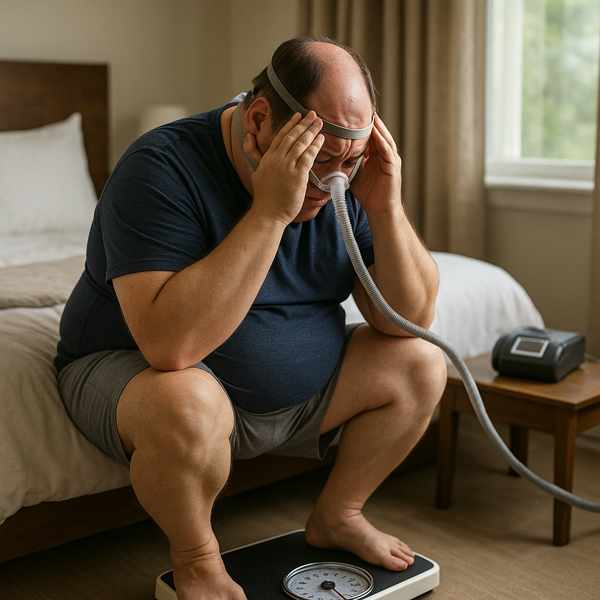
Many people with sleep apnea experience snoring, daytime fatigue, and health complications.
Let’s explore how shedding pounds can affect this sleep condition.
Causes and Symptoms of Sleep Apnea
The most common form is obstructive sleep apnea (OSA), caused by excess tissue in the throat.
Common symptoms include:
- Often reported by sleep partners
- Choking or gasping during sleep
- Difficulty staying alert during the day
- Signs of disrupted oxygen flow
Why Excess Fat Matters
Fat deposits in the throat may narrow the airway, making it more likely to collapse.
Key risk factors include:
- More weight increases OSA risk
- Fat around the neck and jawline
- Poor muscle tone in the throat
Can Weight Loss Cure Sleep Apnea?
Especially in individuals with mild to moderate OSA, lifestyle changes can be very effective.
Possible benefits of read more weight loss:
- Improved nighttime breathing
- Better oxygen flow
- More natural treatment options
- Feel more rested and alert
However, weight loss may not cure sleep apnea in all cases — especially if anatomical issues or severe OSA are present.
How Much Weight Loss Is Needed?
Studies show that losing just 10% of body weight can reduce OSA severity by up to 50%.
Tips:
- Start with small, achievable goals
- Combine diet and exercise
- Notice snoring, energy, and daytime fatigue improvements
Healthy Ways to Lose Weight for Sleep Improvement
Effective strategies:
- Limit sugar and processed carbs
- Exercise regularly (cardio + strength)
- Helps open up the airway naturally
- These relax throat muscles and worsen apnea
Working with a nutritionist or sleep specialist can provide more personalized support.
What to Do if Symptoms Persist
While weight loss is helpful, it may not fully resolve sleep apnea for everyone.
- Keeps airways open at night
- Oral appliances
- To remove excess tissue or reposition structures
Is Weight Loss the Answer?
So, can weight loss cure sleep apnea? In many cases, it can improve the condition.
Talk to your healthcare provider, make informed decisions, and take proactive steps toward better health and rest.